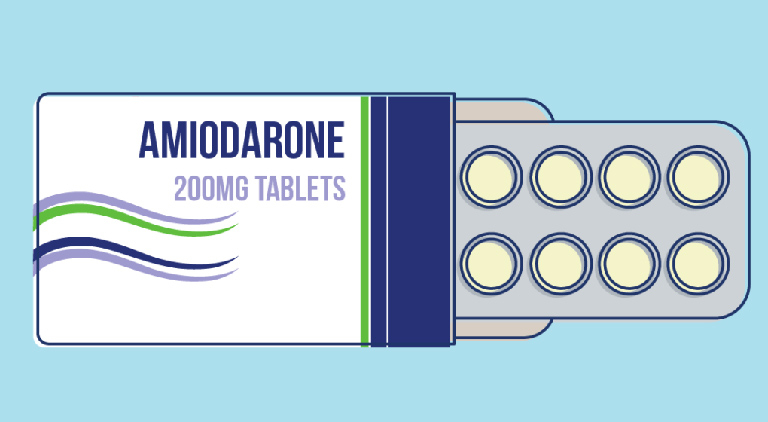Interactions

When taken with Eliquis, medications that interact with it may reduce its effect, shorten its duration of action, increase side effects, or have no effect. An interaction between two medications does not always necessitate the discontinuation of one of them; however, it can. Consult your doctor about how to handle drug interactions.
Eliquis may interact with the following medications:
- amiodarone
- antibiotics, such as erythromycin,
- anticonvulsants such as carbamazepine, phenobarbital, phenytoin or valproic acid
- antimicrobial agents, such as ciprofloxacin, clarithromycin, erythromycin, metronidazole
- antivirals, such as boceprevir, or delavirdine
- aspirin
- cancer medications, such as zanubrutinib
- cyclosporine
- dabigatran
- dextran
- echinacea
- garlic
- ginseng
- heparin
- HIV medications such as saquinavir
- medications that inhibit or induce CYP3A4 enzymes, such as fluconazole, ketoconazole, or ritonavir
- methotrexate
- mifepristone
- NSAIDs, such as ibuprofen, celecoxib, diclofenac, etodolac, and naproxen
- rifampin
- St John's Wort
- tinzaparin
- warfarin.
Abciximab, clopidogrel, SSRI antidepressants [eg, citalopram, duloxetine, fluoxetine, venlafaxine], and fish oils, in general, may interact with Eliquis.
With Eliquis, alcohol may increase the risk of stomach bleeding.
It should be noted that this list is not exhaustive and only includes common medications that may interact with Eliquis. For a complete list of Eliquis interactions, consult the prescribing information.








